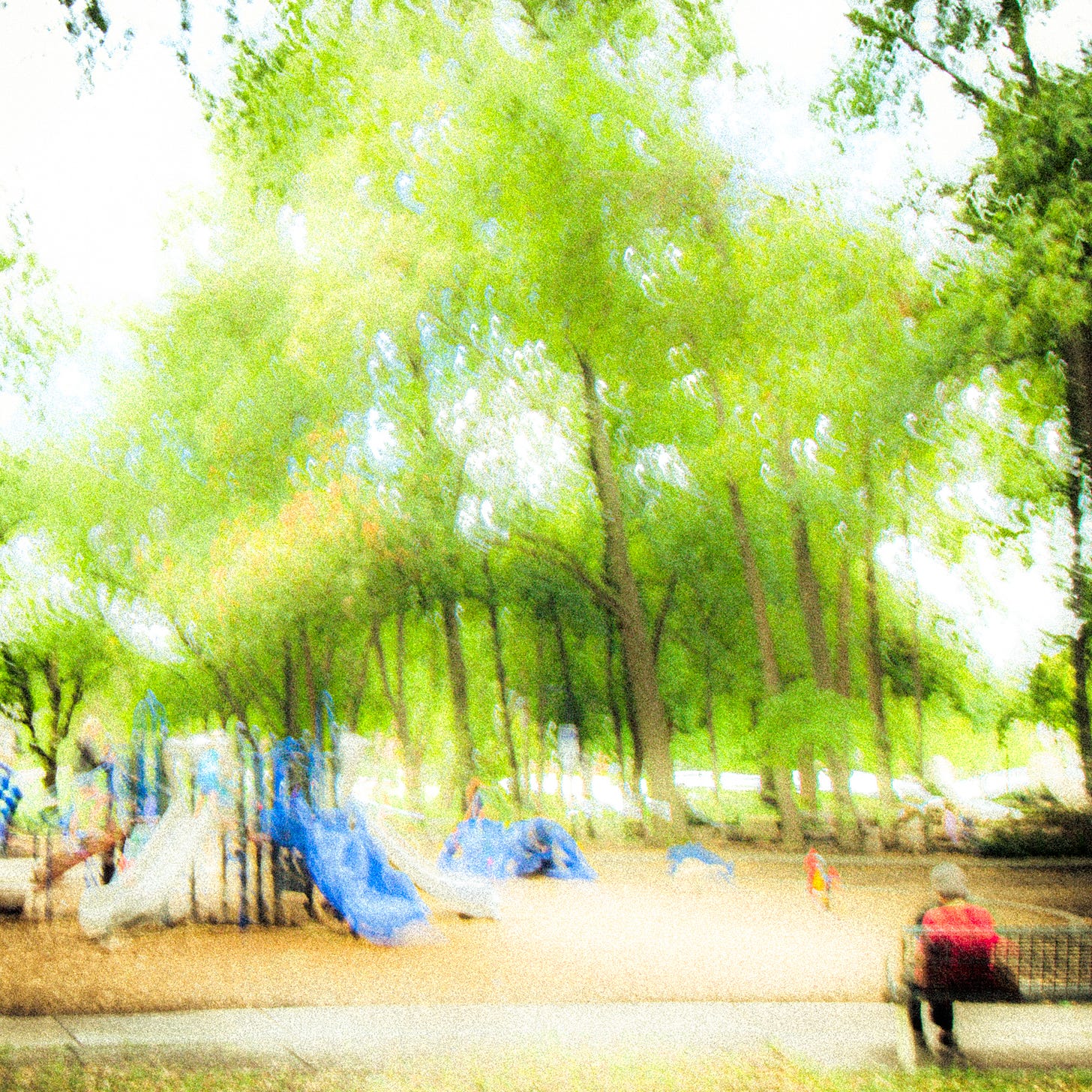Recently, I asked subscribers here what they’d like me to write about, and my good friend, the poet, Elizabeth Howard, who writes on Substack as The Zed Review, asked about writing later in life. I’m now 71. My wife just had a birthday, and refers to herself as “Linda 7.0” which seems somehow encouraging as well as amusing.
Although I’m currently working on my first novel, I’ve been a professional writer most of my adult life, creating ad and promotional copy, comedy, reviews, and corporate videos (which I mostly also directed and produced). I can say the following about my own experience:
Consistency is an issue because I’m very responsive to my family’s needs. The two daughters are middle-aged, married with one kid each, but they still need us and we want to be involved a lot, so we make time almost whenever they need us. I prioritize them over everything.
My mind isn’t more disciplined. I forget words sometimes. It’s not dementia (yet), just a normal slowing down. I’m no more focused than I used to be, which means my mind goes all over the place and is hard to discipline. However, I do find it easier to stay in the groove once I’m there. Outlines are a huge help. Writing on a computer has made everything easier because my mind doesn’t travel in a linear way very often. Word-processing allows me to restructure and contextualize thoughts as I go.
I’m a lot smarter. Paradoxically from the last paragraph, I’ll bet my IQ has jumped 10 points in the past 20 years. What’s helped the most are boundaries and having suffered losses. By working with someone to help me understand boundaries in my life, and why I used to sabotage them, I learned that it’s okay not to accommodate everyone all the time. I also learned that I can set and maintain boundaries in a loving way (on a good day) and get a lot done. It’s brought a tremendous amount of clarity to my life. Also, having now lost my parents and a sister, as well as a few other relatives and good friends, I am much more aware of the value of time. I retired at 67 to take pictures and write, and I don’t regret that at all.
I write to satisfy myself, which doesn’t mean I don’t care how the reader feels, but I do what I want and how I like it, for the most part. It’s a welcome departure from writing for clients, but it did take me a while to not feel pressured by deadlines that now don’t exist.
Envy is a killer of authenticity, so I just avoid it. Comparing can seem inevitable, but I continue to remind myself that my life is pretty great, and I’m on a path that’s unique to me. There’s only one life for me to live.
AI is off the table for me. I didn’t get into art to let some silicon chip decide what’s inside my soul. I definitely receive all the social media ads about people who are making high six figures from their 18 books they wrote in 4 weeks, but AI is not writing. It’s prompting. It’s ordering at the restaurant, not making the meal. Also, so far, you can’t copyright AI works. Which is as it should be. Let the tech bros develop it all they want, it won’t ever be art because art is about being human.
Writing is about the journey inward, to find the part of myself that’s asking to be shared. Accessing it requires time, focus, honesty and intuition. I think of the Sleeping Beauty fairy tale, which contains an important allegory concerning survival of the psyche. You probably know the story, but the allegorical meaning is less familiar. When the infant princess is cursed by a jealous, evil fairy to die on her 16th birthday, it signifies the potential loss of innocence in a corrupt world. But thanks to a nicer fairy, the curse is modified to allow the princess to sleep without dying until she’s rescued. I didn’t understand this part until I started intensive work on boundaries, and learned through a therapeutic process that I myself had hidden a pure and joyful part of my own nature in order to prevent its destruction. In my case, my own misguided family would’ve killed this part of my spirit.
While the princess sleeps, nature protects her until a prince who’s pure of heart rides to the rescue. (Remember, all these elements are parts of a single being.) In the tale, the prince has heard “legends” of a sleeping beauty inside a huge palace now hidden completely by a forest of thorns. Rescue will depend on the prince’s courage, determination, and belief in the existence of this wonderful, trapped being. I think this part of the allegory requires no long explanation — many of us believe we have lost the best part of ourselves for good. But if we can manage to believe otherwise, we may begin an inward journey to find it. (Continued below)
But the journey isn’t easy. The prince finds the massive forest of thorns and hacks through it for a very long time, testing his belief to its very limit. When he finally finds the door to the castle, it’s protected by a fierce dragon that breathes fire. Upon slaying it in an epic battle requiring unmatched courage, he searches determinedly through hundreds of rooms and corridors until he locates the sleeping princess at the very top of the palace, where he awakens her with a kiss of pure, uncorrupted love. When I think of the many protective barriers I erected during my teens and early adulthood, the thorns, the dragon and the many rooms all relate to specific ways in which I kept others from hurting me too badly before I learned how to set and maintain healthy boundaries — a skill my family tragically lacked and therefore, could not teach.
The revelation that I had somehow unconsciously saved myself was incredibly profound, including a dreamlike vision of unlocking a cage, and gratitude so deep that I wept on and off for days.
Maybe you won’t ever have that experience and maybe you won’t need it, but I did. And it helped me to “find myself” in a very real way. My voice as a writer could never have been fully authentic otherwise.







FINALLY slaying the dragon, not fondly. Geez.
Jeff, this is the most sublime piece of writing I've read in I don't know how long.
Not only do I see myself in your description of consistency issues and focus challenges, but the comparison to the fairy tale, your description of having the courage and persistency to keep slashing at the thorns until you awaken the inner, divine, wholeness within you... that was my experience in life too, and I relate to the profound sense of joy, yes, but mostly gratitude. In my case what I was finally able to awaken (after years of my own slashing daily at the thorns, and fondly slaying the dragon with the help of an amazing boss) was an inner sense of self-worth, a baseline level of self-assurance that has allowed me to completely celebrate others' joys and successes without feeling jealous or threatened, and in the process made life immeasurably more pleasant, enjoyable and gratifying.
But I didn't begin this comment to blather on about MY story. I want to congratulate you for a sublime piece of writing, so beautifully open and personal, that beyond taking us along your path, it brings joy and comfort to us too. I urge you to share this piece more broadly, to the New York Times or New Yorker or some such outlet. It should be read and enjoyed beyond your Substack subscribers.
Blessings to you.